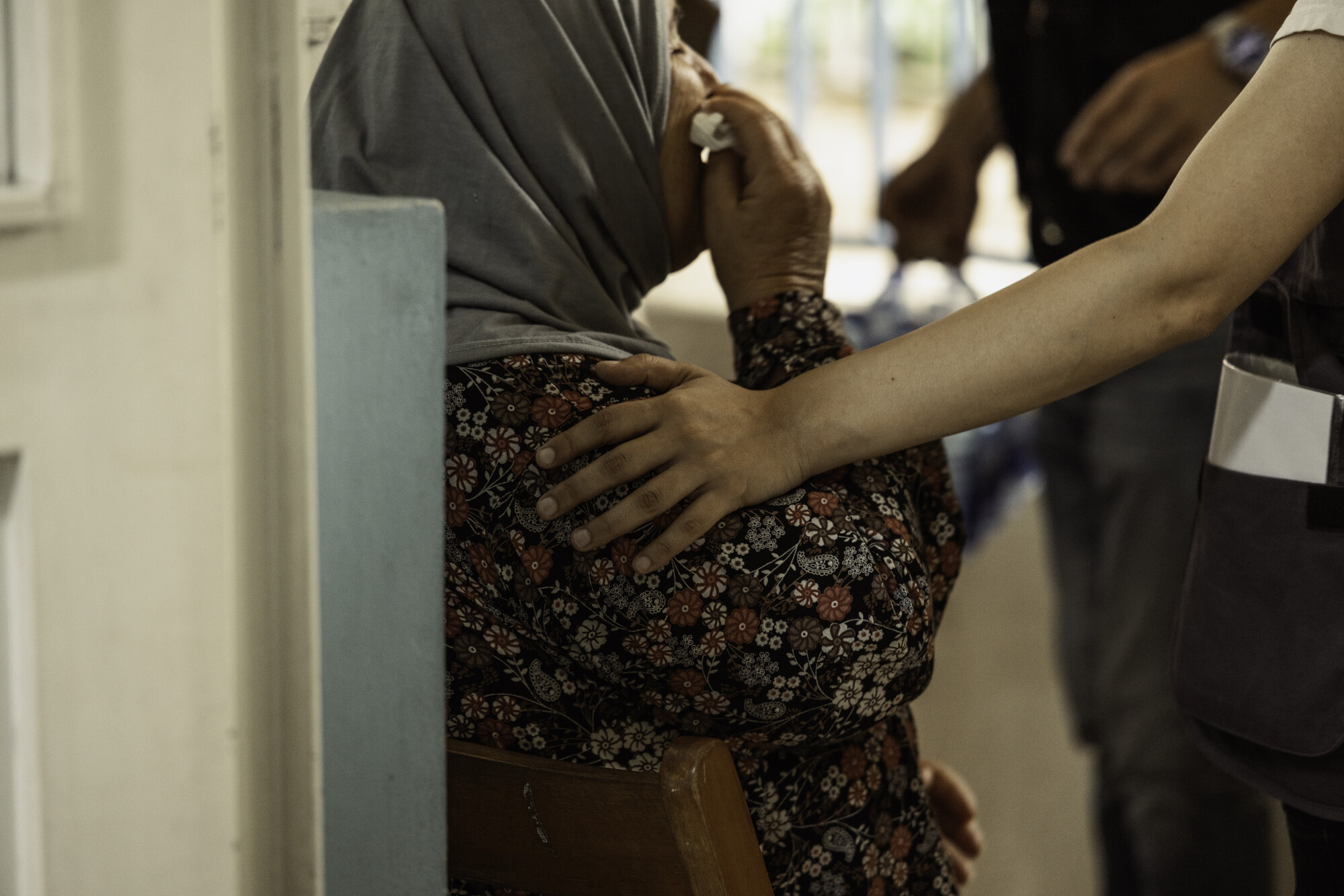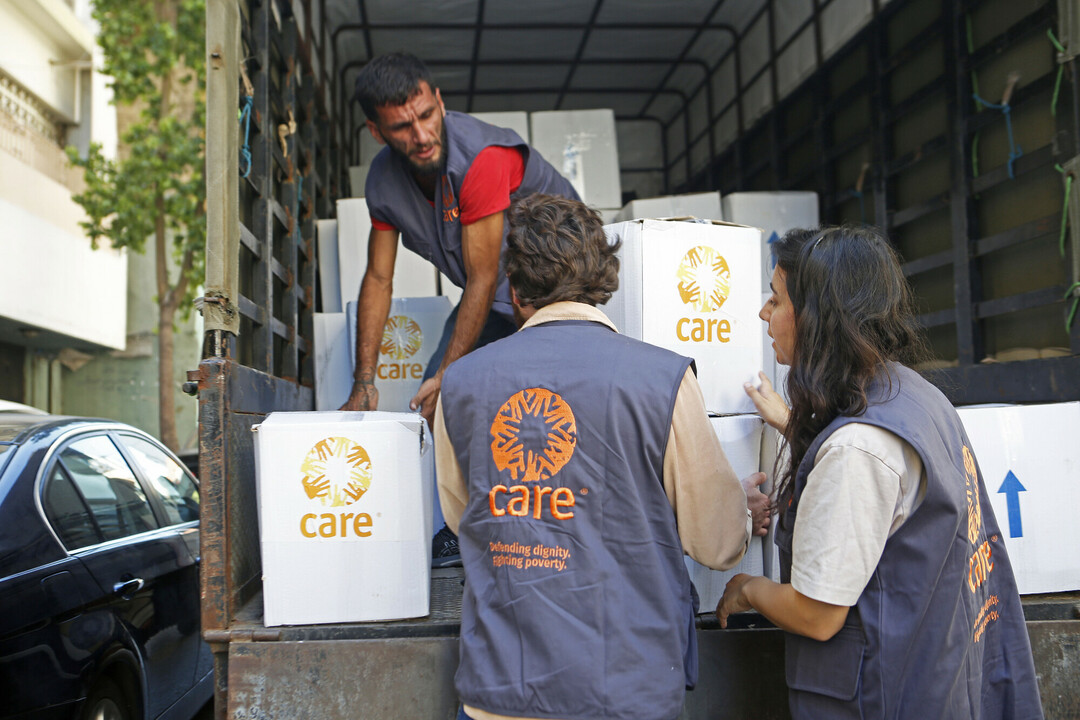
CARE welcomes ceasefire agreement in Lebanon
“Ending the violence is vital to halt the devastating loss of civilian lives and address the massive humanitarian needs in Lebanon," says Michael Adams, Country Director of CARE International in Lebanon.

 Middle East, North Africa and Europe
Middle East, North Africa and Europe
Lebanon ranks 92 out of 189 on the Human Development Index (HDI). CARE International works in Lebanon in support of Syrian refugees and their host communities.
CARE International began working in Lebanon in 2006, initially working through Lebanese partner organizations to meet the needs of people affected by conflict. In 2013, we established a presence in Lebanon to support Syrian refugees and their Lebanese hosts.
CARE Lebanon meets refugees’ and host communities’ most basic and pressing needs, providing water, sanitation, hygiene, cash assistance, and non-food items in the form of mattresses, blankets, kitchen sets, and more to newly arrived families in the areas of Mount and North Lebanon.
We also work with municipalities to improve water supply and sanitation infrastructure for refugees as well as for their hosts. In the winter, CARE Lebanon helps families to prepare for and cope with the cold weather, distributing cash for heaters and fuel, as well as blankets and floor mats.
In August 2020, two explosions rocked Beirut, Lebanon’s capital city and largest port. Hundreds died and thousands were injured or lost their homes. Today, the destruction of the port is still causing supply chain disruptions. In response, CARE Lebanon distributed food, cash, and hygiene materials and provided psychosocial support to survivors.

“Ending the violence is vital to halt the devastating loss of civilian lives and address the massive humanitarian needs in Lebanon," says Michael Adams, Country Director of CARE International in Lebanon.

At a Paris conference on Lebanon, INGOs jointly urged President Macron and world leaders to take immediate action to protect civilians in Lebanon and the region.

The humanitarian situation in Lebanon amid ongoing airstrikes is rapidly deteriorating, with overcrowded shelters, people sleeping on the streets, and essential supplies running low. Immediate international funding and diplomatic pressure are needed to address the crisis and establish a ceasefire.
Three years after the Beirut port exploded, killing over 200 people, injuring 7,000 and leaving a trail of destrcution, CARE Lebanon’s Program Implementation Coordinator describes how he coordinated the humanitarian response to the disaster.

"Honestly, here in Lebanon, we don’t think about our dreams. This isn’t the country of dreams; it’s the country of misery. Really. We are without electricity, medical care. We are deprived of everything. There’s nothing," says Youmin, a small-scale farmer from Akkar in Lebanon.

CARE Communications Lead in Lebanon Patricia Khoder shares her daily challenges and reflections on living in Beirut today, a city immersed in a deep economic crisis and still greatly affected by the consequences of the port explosion in 2020
An analysis of Lebanese and Syrian families residing in Lebanon has shown high levels of vulnerabilities for this population.
This joint rapid gender analysis (RGA) of the Beirut port explosion assesses how diverse women, men, girls, boys, and gender minorities were affected by the events of August 4, with a close look at the specific impact on older, disabled, refugee, migrant, and LBQT (lesbian, bisexual, queer, and trans) women.
English: In April 2018, CARE Syria and CARE UK contracted GK Consulting LLC (US) to conduct a research study on changing gender roles and norms amongst Syrian women refugees. This research was an extension of CARE’s 2018-2019 Syria Resilience Researc
In FY2024, CARE worked around the world, contributing to saving lives, fighting poverty, and increasing social justice.